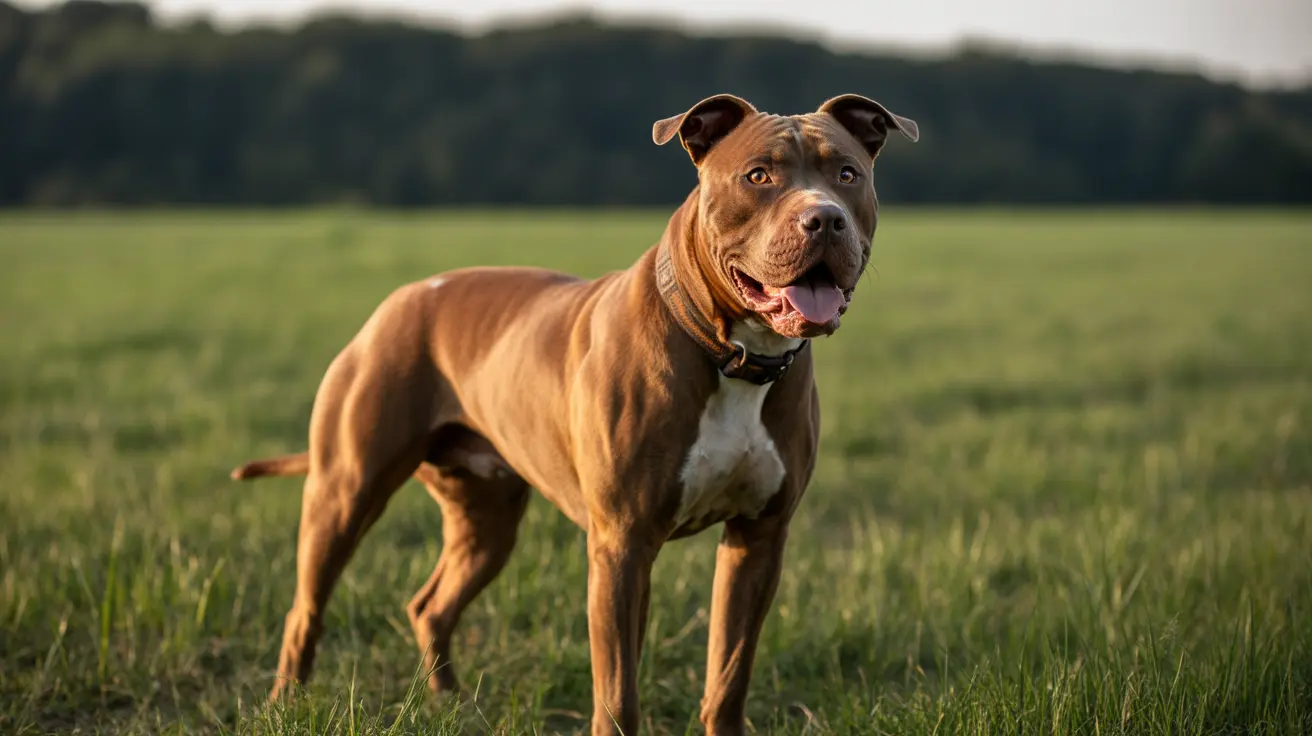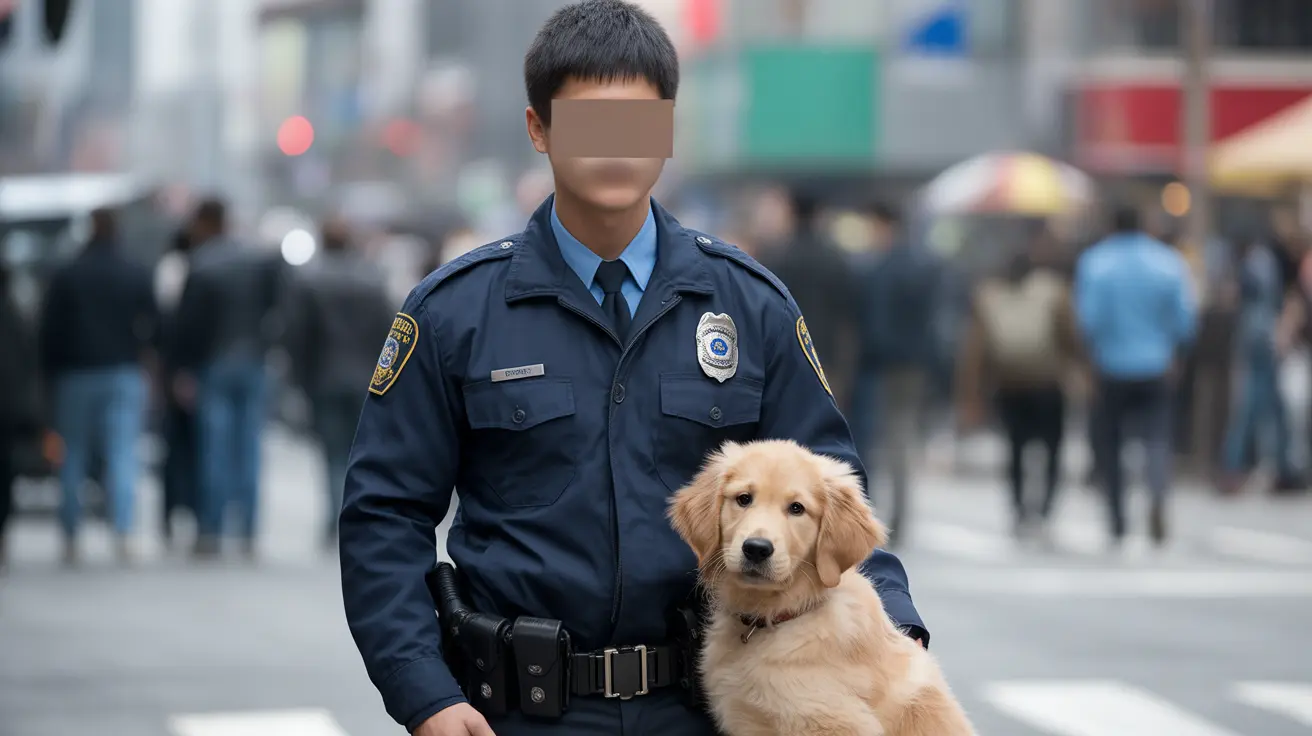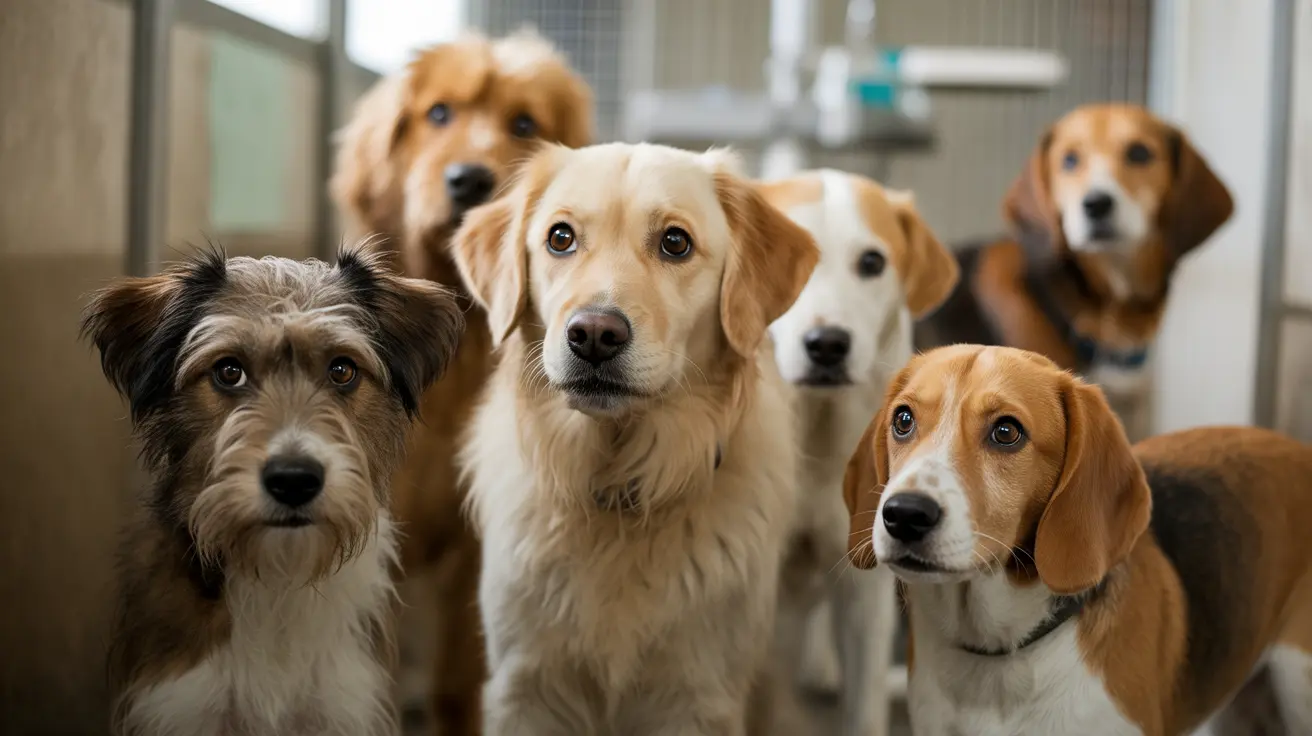What Does It Mean If a Dog Licks Your Face?
Dogs are known for their affectionate nature, and face licking is a behavior that many dog owners experience regularly. But what does it actually mean when your dog licks your face? Is it a sign of love, submission, or something else entirely? Understanding the reasons behind this behavior helps deepen the bond between you and your furry friend.
Why Dogs Lick Faces
Face licking is a natural, instinctive behavior in dogs that serves several purposes. Here are the most common reasons:
- Affection: One of the most common interpretations is that your dog is showing affection. Dogs often lick each other and their humans to express love and to strengthen social bonds.
- Submission: Dogs may lick the faces of other dogs or people as a submissive gesture, indicating respect or deference, especially in hierarchical relationships.
- Seeking Attention: If a dog licks your face and gets a positive reaction—whether it be a laugh, petting, or talking—they may do it again for attention.
- Grooming Instinct: In the wild, licking is a part of grooming. Puppies lick each other and adult dogs to keep clean, reinforcing social bonds at the same time.
- Communication: Licking can be a way for your dog to communicate with you, telling you they're hungry, anxious, excited, or experiencing some other emotional state.
- Tasting You: Our skin can carry various scents, sweat, and even food particles. Dogs use their tongues and sense of taste to explore their environment—including you.
How Dogs Learn Licking Behavior
This behavior starts early in a dog's life. Puppies lick their mother's face to ask for food or comfort. Adult dogs will often continue this behavior as a sign of social bonding, translating this into their relationships with humans.
Is It Safe to Let Your Dog Lick Your Face?
While many people enjoy these canine kisses, it's important to keep hygiene in mind. Dogs' mouths can carry bacteria like Pasteurella, Capnocytophaga, and even Salmonella, which, while generally safe for dogs, can occasionally cause infections in humans—especially those with weakened immune systems. A few precautions can help:
- Avoid letting dogs lick near your eyes, nose, or open wounds.
- Wash your face afterwards if your dog licked you.
- Regular vet check-ups ensure your dog is healthy and less likely to carry transmissible pathogens.
How to Manage Excessive Licking
While occasional face licking is normal, constant licking might indicate anxiety, boredom, or behavioral issues. Here are some tips to manage excessive licking:
- Provide Mental Stimulation: Toys, puzzle feeders, and regular training sessions keep your dog's mind occupied.
- Increase Physical Activity: Regular walks and play sessions can reduce stress and boredom.
- Redirect the Behavior: Gently move your face away and offer a toy or chew instead.
- Consult a Vet or Trainer: If the behavior seems compulsive, professional guidance might be necessary.
When Is It a Problem?
Licking becomes problematic when it’s obsessive, interferes with daily life, or is driven by stress. If your dog seems anxious, licks constantly—even objects or themselves—it could be a sign of underlying issues such as separation anxiety or dermatological problems.
Myths About Dog Licking
There are a few common misconceptions about dogs licking faces:
- “It's a sign of dominance”: This is usually not the case. More often, licking is submissive or affectionate behavior, not dominant.
- “Dog saliva heals wounds”: While dog saliva does contain some enzymes that can kill bacteria, it also contains harmful organisms and is not hygienic for wound care.
The Emotional Connection
Ultimately, face licking is often a tender gesture that signifies your dog's bond with you. Paying attention to the context and your dog’s overall behavior will help you interpret the gesture more accurately.
In a nutshell, if your dog licks your face, it’s likely their way of saying they care. Whether it stems from love, submission, or curiosity, knowing the reasons behind this behavior can help foster a deeper connection with your pet.





